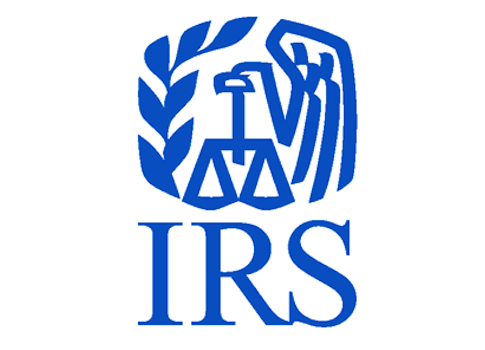One of the most onerous provisions in the tax code is the trust fund recovery penalty. Essentially, a taxpayer may be held personally liable for 100% of the amount of payroll taxes that have should have been deposited with the IRS. For this reason, it’s often called the “100% penalty” by practitioners and commentators.
In a new case, the owner of a defunct S corporation tried to deduct the payment made for the 100% penalty on his personal return, but to no avail (Brown, TC Memo 2017-18, 1/24/17).
The 100% penalty may be applied to any person who (1) is responsible for collecting or paying withheld income and employment taxes or for paying collected excise taxes and (2) willfully fails to collect or pay those taxes. Note that a “responsible person” is defined as anyone who has the duty to perform and the power to direct the collecting, accounting and payment of trust fund taxes. Frequently, this is the owner of the company, but liability can extend to others within the company, even bookkeepers and clerks.
Similarly, the IRS broadly interprets the requirements for a “willful failure.” It doesn’t have to be intentional. For instance, the 100% penalty may be assessed if you knew, or should have known, about the taxes that should have been paid.
In the new case, the taxpayer and his wife owned a limited liability company (LLC) and a separate S corporation in Arizona. From 2000 through 2002, the S corporation accumulated unpaid payroll tax liabilities. Subsequently, the trust fund recovery penalty was assessed personally against the taxpayer.
The S corporation didn’t file any tax returns from 2003 through 2011. It was administratively dissolved by Arizona in 2007 for failing to file an annual report. The S corp was not registered as an active entity with any state during 2012 and did not provide any services or generate any income in 2012.
In 2012, the LLC sent $215,000 from its bank account to the trust account of the taxpayer’s attorney. Then the attorney sent a certified check for that amount to IRS with a letter. In part, the letter stated that the payment represented the unpaid payroll tax liability on behalf of the S corporation.
On its 2012 tax return, the S corp indicated that it was a cash-basis taxpayer, but showed no assets, income, or other tax items for the year, with the exception of a deduction of $180,911 for salaries and wages. This deduction was passed through to the taxpayer as an ordinary business loss. But the S corporation did not pay any salaries or wages in 2012, nor did it have any bank accounts at any point during the year.
The Tax Court held that the S corporation couldn’t deduct the payroll tax payment made in 2012 ostensibly on its behalf, because the corporation was not in existence at the time. Furthermore, even if the S corporation did legally exist in 2012, it had not actually paid the amount. So there’s no way the deduction would be allowed.
Finally, the Court said that entire issue is rendered moot because the 100% penalty is not a deductible item. This is a fine that responsible parties must pay without obtaining any tax return relief. The upshot: The best way for avoiding dire tax consequences is to ensure that payroll taxes for your company are deposited on time.
Thanks for reading CPA Practice Advisor!
Subscribe Already registered? Log In
Need more information? Read the FAQs




